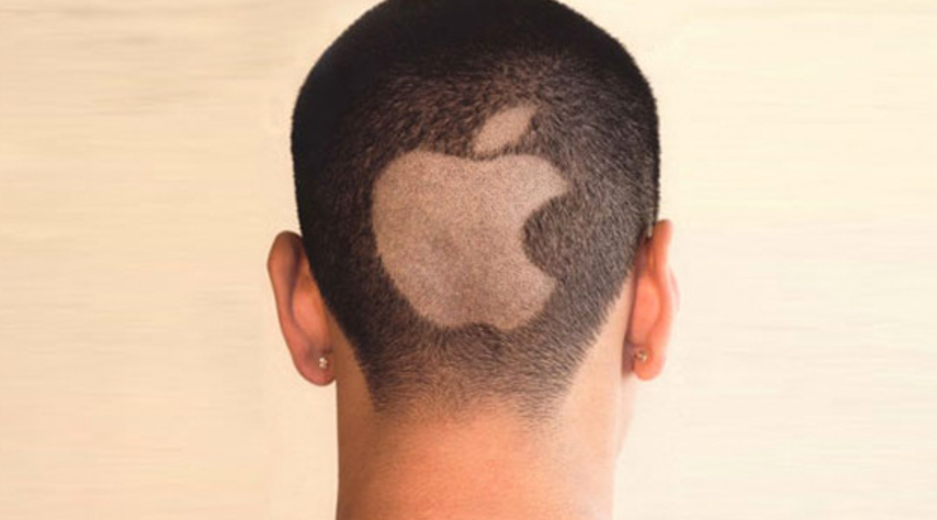Everything You Need to Know about Brand Loyalty

Brand loyalty definition
First things first; what exactly is brand loyalty? The best way to define the term is when a customer feels aligned to a certain brand and thus favours them when making consumerism choices.
The importance of brand loyalty stems from this allegiance, as it means your business is able to benefit from repeat sales without needing the resources required to convert a new sale.
Brand loyalty also goes hand in hand with word of mouth marketing, as consumers who feel loyal to a brand are much more likely to positively share their experiences with their friends and family.
What does brand loyalty mean for specific companies?
There are many benefits to holding brand loyalty within an industry. Coca-Cola, for example, has one of the strongest followings in the world, and as such is able to play with their designs and products without risk of losing consumers.
In fact, over the years they have been able to use various seasonal campaigns, including changing their traditionally red cans to white ones during winter to raise money and awareness for polar bear protection. The fact that they are able to so boldly play with their branding without losing consumers says a lot about their business, and shows the freedom and creativity a company can enjoy if they’ve succeeded in gaining brand loyalty.
Another notable name, for Australia in particular, is Dettol. The brand has built recognition as the number one block soap company for fighting germs, so when they diverged into air freshener and, more recently, hand wash, they automatically had an established following behind them.
This highlights the way in which having strong brand loyalty can provide benefits further down the track if you decide to deviate into other similar goods or services; because you’ve established yourself as an industry leader to your loyal consumers they’re likely to choose you for other products, too.
Creating brand loyalty
With the definition and benefits now a little clearer, there’s still the question of how to actually create brand loyalty for your business.
Such a goal is much more of an ongoing process than something that can be achieved overnight, but there are definitely some steps you can start to implement right away:
Position your branding in an anecdotal way.
Your organisation’s branding represents the tone of voice, personality, and character of your business. A great way to express this is through narratives. Whether that means case studies of past clients for more formal businesses, or sharing industry-relevant stories for more casual and fun companies, being able to effectively express your brand is an essential first step to gaining loyalty.
Accountability is key.
If you say you’re going to deliver something, do so. If it becomes impossible to stick to your word for whatever reason, communicate that with the customer. Accountability is about much more than just providing perfect services or products, it’s about accepting responsibility for when things go wrong, too. A customer who doesn’t initially receive what they were after isn’t necessarily a lost cause in terms of achieving brand loyalty; if you can prove to them you are genuinely accountable they are actually quite likely to still align with your brand.
Consistently show consistency.
Expecting customers to consistently choose your goods or services can’t happen without you showing consistency, too. No one wants to be aligned to a brand that is perpetually changing; all that does is discount your credibility. The ultimate goal is to achieve consistency right across the board, from the way your employees communicate with customers to the plan you implement for dealing with complaints from consumers.
Focus on your positives.
You can’t be the best at everything, but you can be the best at something. Find what your business truly does better than your competitors, and primarily focus on that. Customers who value whatever you’re the best at will immediately feel a rapport with your brand, and thus the foundations for brand loyalty are established.
Connect with your customers on an individual basis.
That might seem like an impossible task, but the evolvement of social media as a digital marketing tool means that this is more plausible in this day and age than ever before. Employ social media to communicate with your customers on a more individual level, try to create personal experiences as often as you can, and show you are accessible. This will drive consumers to think of your business as less of a faceless corporation and more of a brand they are able to connect with.